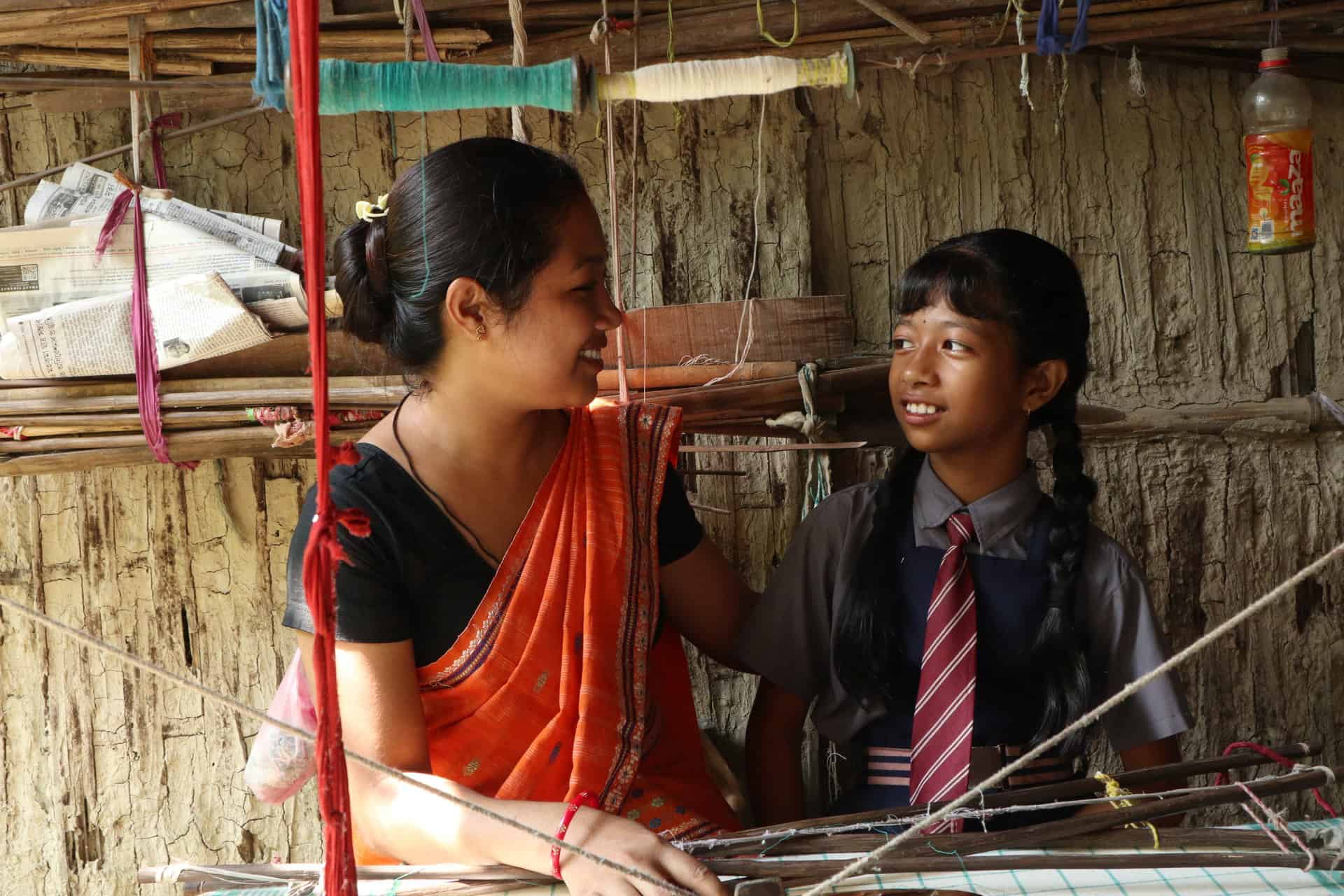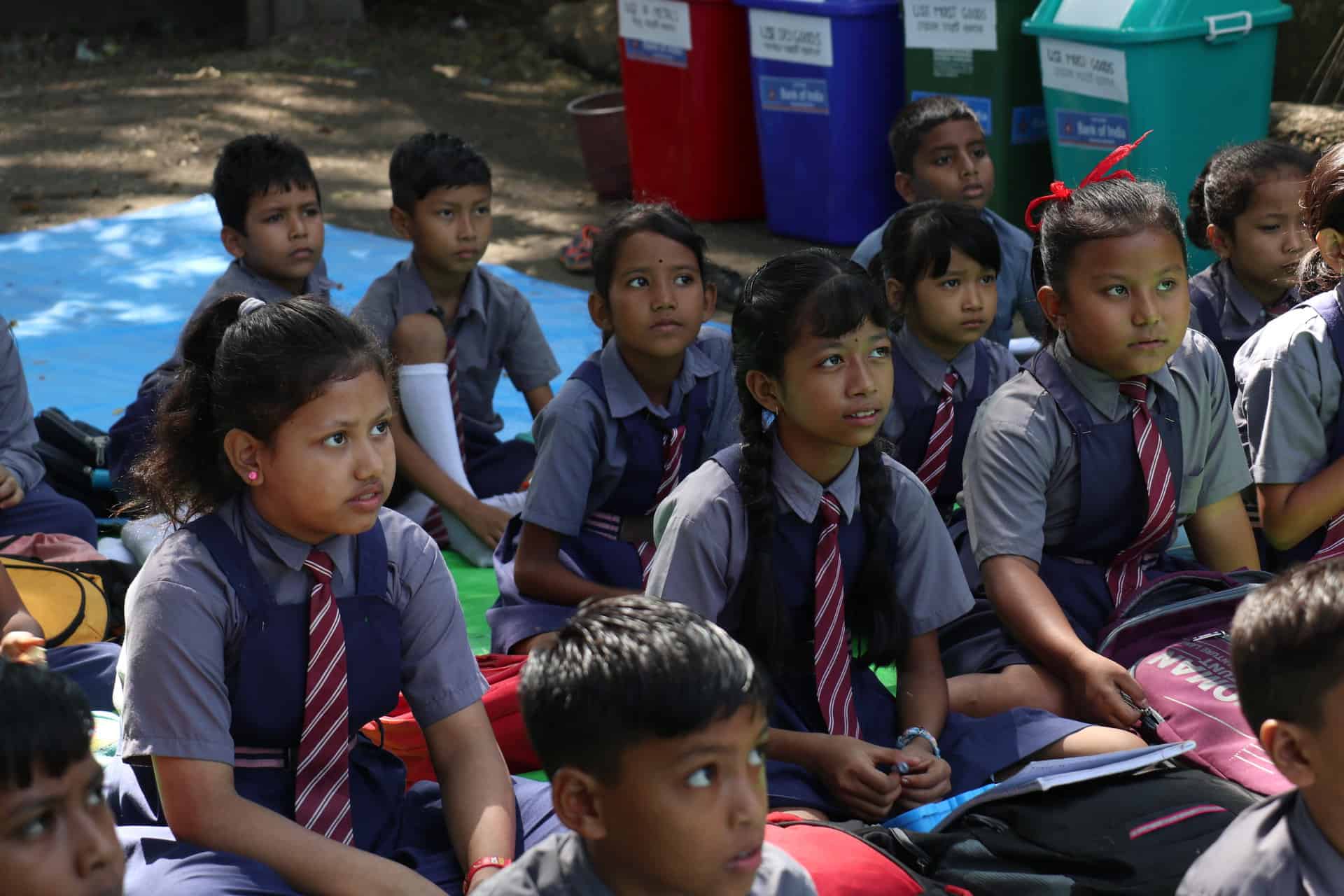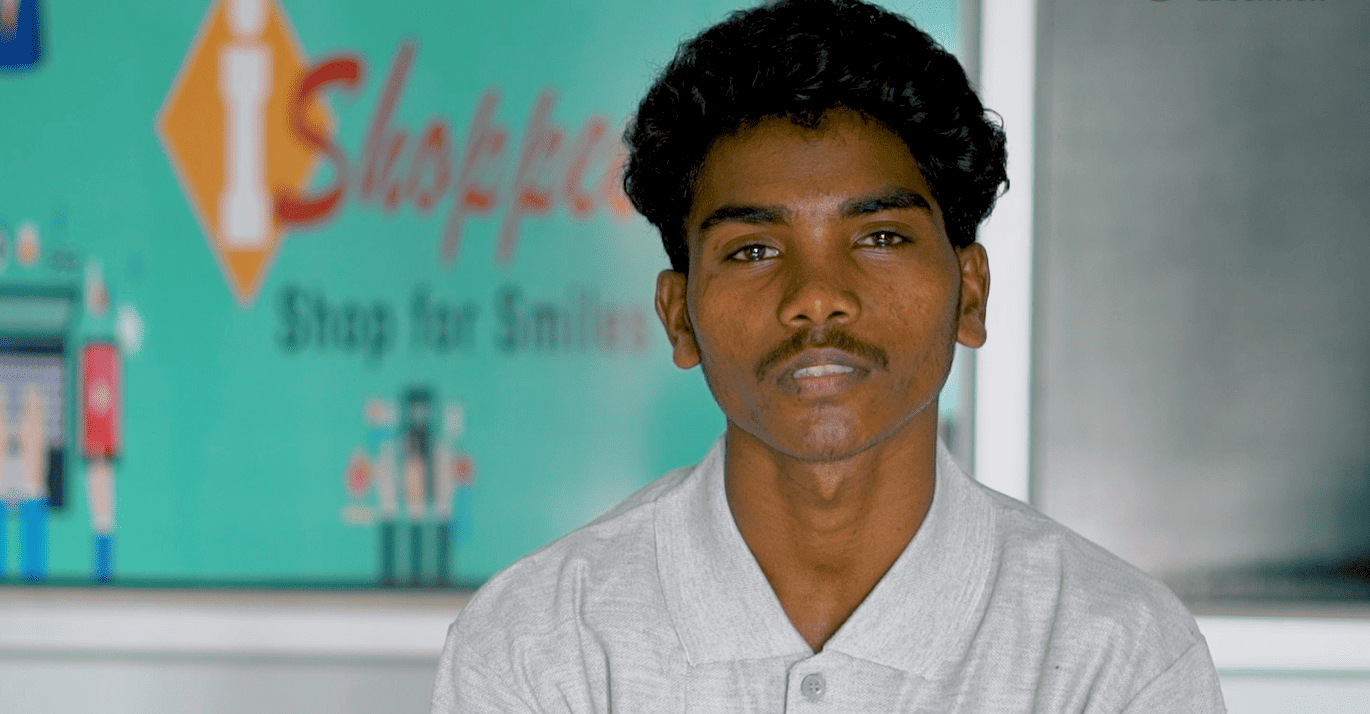In the face of the VCT-19 pandemic, more than 500 women, mostly illiterate, have, with Aide et Action's support, saved more than 3000 marginalized and vulnerable children from dropping out of school. This Aide et Action program is a real educational success for the children, and also enables women to learn and become agents of change within society.
In both districts In the districts of Alirajpur and Jhabua in the state of Madhya Pradesh in India, children's education is not a priority. The literacy rate is among the lowest in India, school enrolment remains extremely low, especially for girls, and teacher absenteeism is notable. To better understand the importance of education, Aide et Action's teams had the idea of calling on to members of the community known as 'change agents'. " The majority are womensays Ravi Pratap, Director of Operations for Aide et Action International. " Faced with numerous droughts and climatic disasters, the men have left to seek employment in the cities, leaving the women to manage the villages. We accompany them in this new mission, train them, give them confidence and make them more autonomous and active in Indian society. ."
Preventing dropouts and early school leaving
" These women are generally illiterate themselves, but they know how to manage a family, take care of children, are wise and very involved in society. Most of them are members of women's groups, mothers' groups, self-help groups, they are very involved in social issues "Pravin Bhope, a member of Aide et Action's South Asia team, adds. Once selected, these women receive training. Their mission is to create links and trust between teachers, parents and the children themselves. They go to the schools, in the classrooms, meet the parents, participate in the governance of the school and exchange with the authorities so that everyone understands the importance of education, the difficulties and the objectives to be achieved so that there is no more absenteeism or dropout... But with the COVID-19 pandemic, their mission has taken on another dimension. " When the first lockdown happened, all the schools in the village closed. The parents immediately asked the children to look after the animals in the fields, and I was very worried that many children would drop out of school and never come back. So I went door to door to convince parents to take the children with me and recreate a learning centre to conduct reading or revision activities. I started with 5 students and within two months there were 18 "explains Jangudi Bai, Vector of Change.
Empowering women
Like Jangudi, nearly 500 of them have ensured this pedagogical continuity in 300 centres and with more than 3000 children during the confinement. This feat was achieved with their own motivation and easy-to-use teaching materials adapted to their level, prepared by Aide et Action teams. In view of this success, the teachers themselves got involved and came to lend a hand during the lockdown by offering the children more educational activities. This success did not escape the attention of the Madhya Pradesh state authorities who institutionalized the presence of mothers' committees in the school management committees in order to have "a more holistic vision of child development". Since the end of the lockdown, these change-makers continue their mission in nearly 125 learning centres in 90 villages. "Aide et Action's programme has raised awareness in entire communities. In case of reconfiguration, the vectors of change can now easily ensure pedagogical continuity, especially at the primary level. The materials created by Aide et Action teams are now used in all the early childhood centres created by the government and contribute to the strengthening of language and numeracy skills of thousands of young children," concludes Pravin Bhope.






